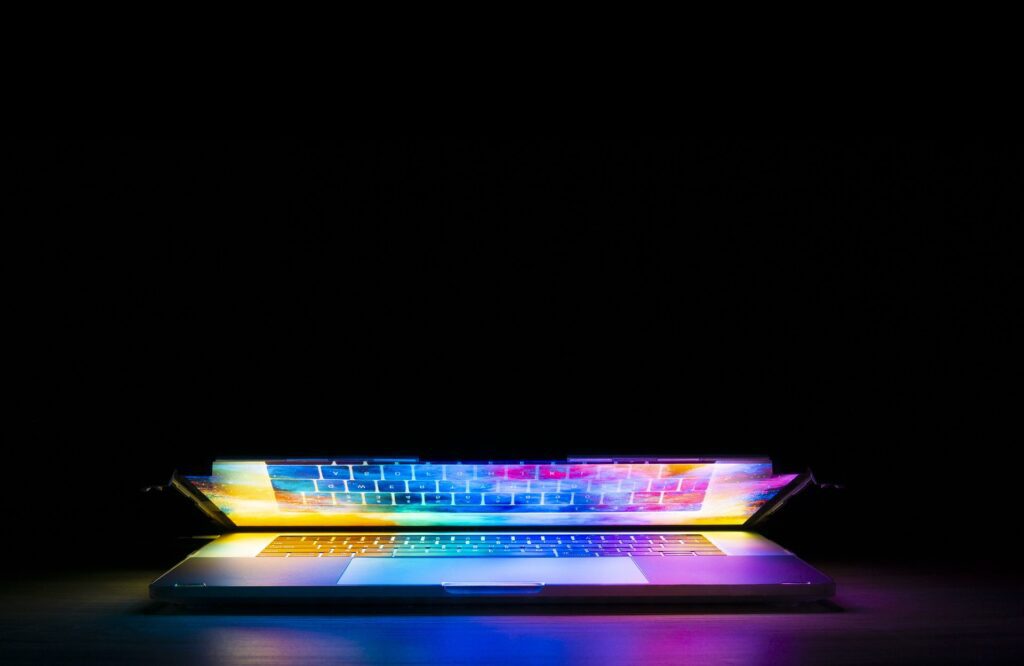
A defendant who previously consented to the entry of a temporary restraining order in a trade secrets case was ordered to turn over electronic devices, notwithstanding that he claimed to do so would violate his Fifth Amendment rights against self-incrimination.
The plaintiff in the trade secret case, Legend Biotech USA Inc. v. Liu which develops cell-editing therapies for cancer and other diseases, previously employed defendant Lianxing Liu. Legend Biotech discovered that Liu had been trade secrets and confidential information to his personal email account.
Misappropriation of Trade Secrets Claimed
Legend Biotech also found evidence that Liu was seeking employment with its competitors and offering to help them develop cell therapy businesses using Legend Biotech’s trade secrets. Legend Biotech filed a motion for a preliminary injunction to compel Liu to submit all devices, online accounts, and hard copy documents in his possession for forensic inspection.
Liu opposed the motion, arguing that Legend Biotch had failed to show that it would suffer irreparable with a showing that he had any proprietary information and that his production of the data would constitute a testimonial act under the act of production doctrine.
Trade Secrets Defined Under Federal and State Laws
The court defined trade secrets as confidential and valuable information that is not generally known and gives a business a competitive advantage. Trade secrets can include formulas, processes, methods, techniques, or any other information that is kept secret and provides economic value to the business. Trade secrets are protect from misappropriation under the federal Defend Trade Secrets Act, 18 U.S.C. 1836, and the New Jersey Trade Secrets Act, N.J.S.A. 56:15-2 to 56:15-9.
The court emphasized that the plaintiff must demonstrate that it has taken reasonable measures to keep the information secret, such as implementing restricted access, firewalls, private networks, password protection, and contractual controls on employees. The court also recognized the potential harm and irreparable harm that can result from the disclosure of trade secrets to competitors.
Legend Biotech presented substantial evidence of miappropriation.
Evidence of MIsuse of Proprietary Information
- Liu sent Legend Biotech’s trade secrets and confidential information to his personal email account.
- Liu stored Legend Biotech’s confidential files on his personal devices.
- Liu was seeking employment with Legend Biotech’s competitors and offering to help them develop cell therapy businesses using Legend Biotech’s trade secrets.
- Liu emptied the “trash” on his personal laptop shortly after Legend Biotech requested him to bring it to the office.
- Forensic analysis of Liu’s work laptop revealed that he sent more non-public information related to Legend Biotech’s proprietary therapeutic delivery platform, internal protocols for testing, and templates for further studies to his personal email account.
- Forensic analysis of Liu’s personal laptop and phone revealed that he stored multiple photos of Legend Biotech’s slides marked as privileged, confidential, and for internal use only.
- Liu admitted to exceeding the scope of his authority to access and use Legend Biotech’s computer systems.
Fifth Amendment Privilege Against Self-Incrimination Did Not Bar Production of Devices
The court acknowledged that the production of documents would be construed as testimony and that the theft of trade secrets carries criminal penalties under 18 U.S.C 1832.
The court, held, however, that Liu had waived his Fifth Amendment rights when he voluntarily produced his personal laptop and email account to Legend Biotech. The court also considered the foregone conclusion doctrine,which providess that even if Liudid not waive his rights, the Fifth Amendment would not apply because the plaintiff had already identified the specific documents it believed the defendant possessed.
